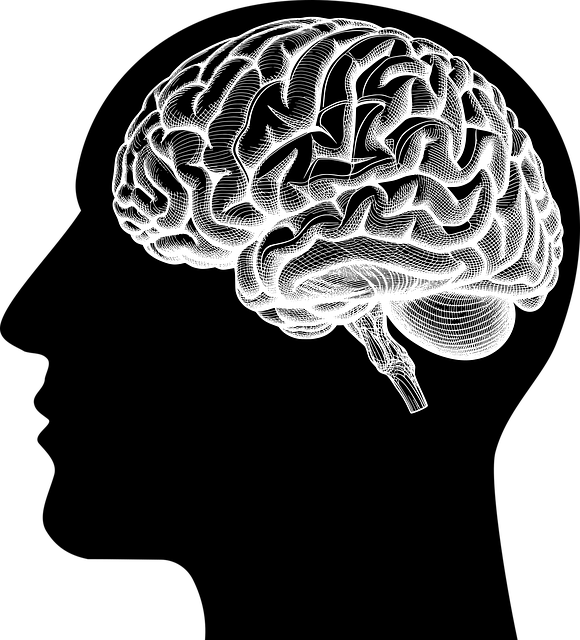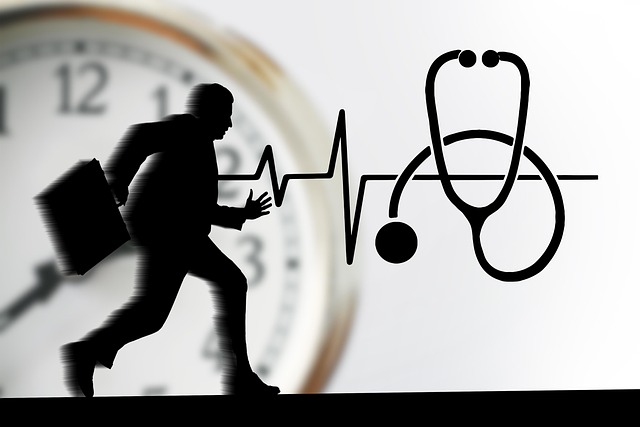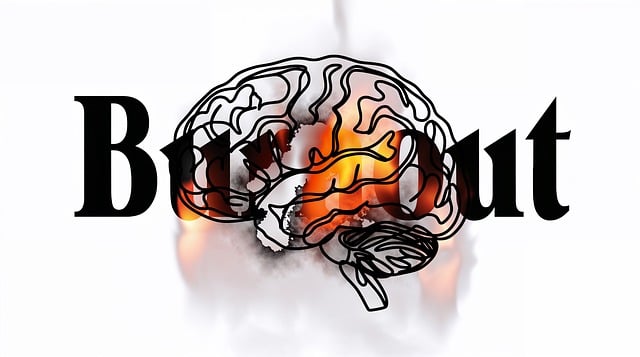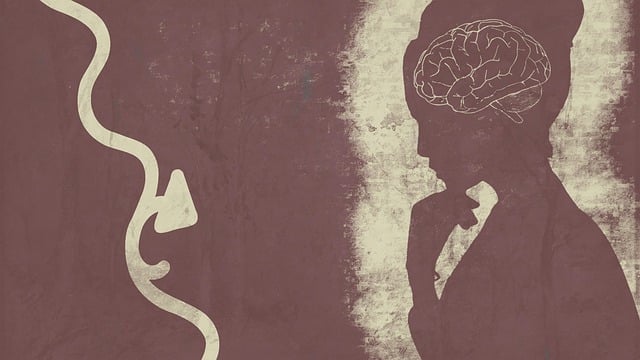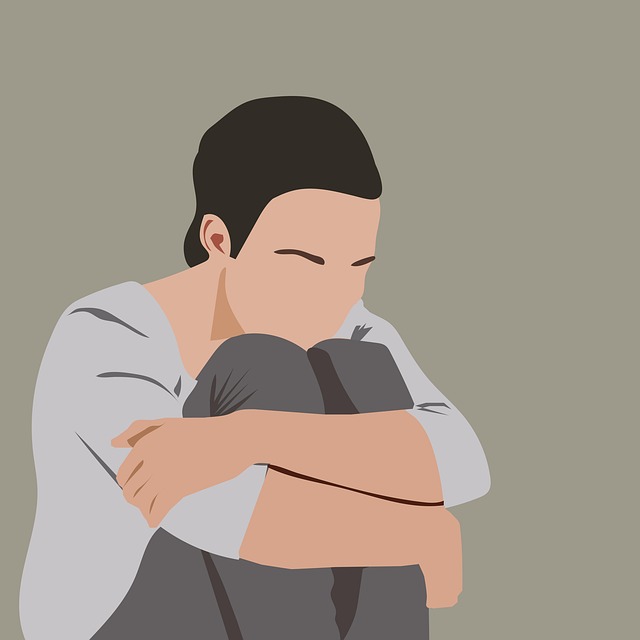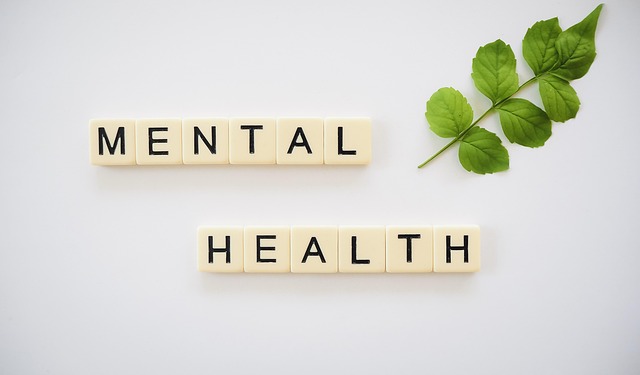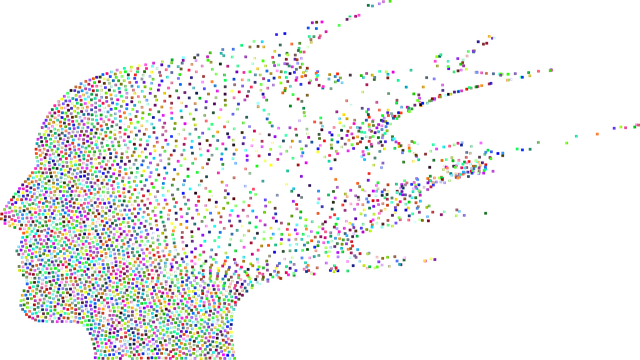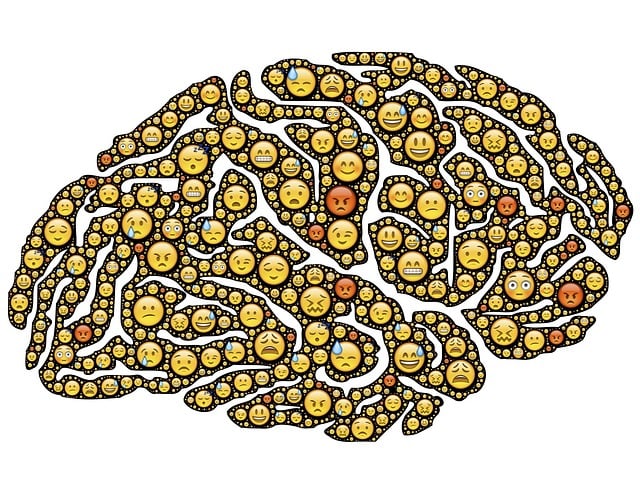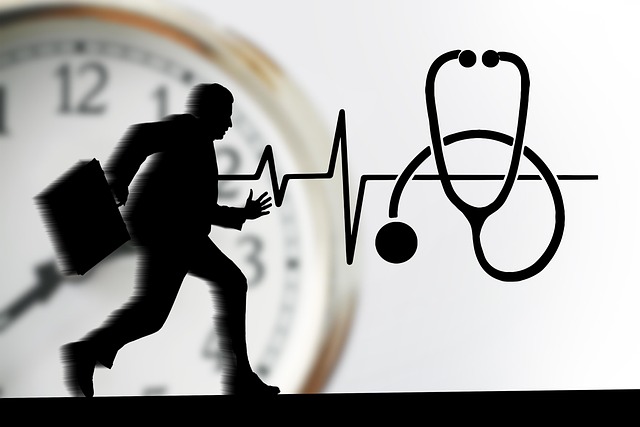Mental wellness is a critical focus for adolescents in Littleton, with specialized therapy services addressing unique challenges like anxiety, depression, and cyberbullying. These programs utilize evidence-based approaches, such as CBT and mindfulness, to empower teens through coping mechanisms, self-esteem building, and open dialogue. Through individual and group sessions, community outreach, and risk assessment, Littleton Adolescent and Teen Therapy fosters resilience, promotes cultural competency, and provides holistic support for emotional well-being.
Mental wellness is a cornerstone of overall health, especially for adolescents and teens navigating today’s challenges. This article delves into the multifaceted aspects of promoting mental health in young individuals. We explore the profound impact of mental wellness on this demographic and dissect key strategies, including therapy approaches tailored to their unique needs. By understanding common issues like anxiety and depression, we can foster open dialogue. Additionally, we present a holistic therapy model focusing on building resilience for effective coping mechanisms, with insights relevant to Littleton Adolescent and Teen Therapy practices.
- Understanding Mental Wellness and Its Impact on Adolescents and Teens
- The Role of Therapy in Promoting Mental Health for Youth
- Identifying Common Mental Health Issues Among Teenagers
- Strategies for Encouraging Open Communication about Mental Wellness
- Building Resilient Coping Mechanisms: A Holistic Approach to Therapy
Understanding Mental Wellness and Its Impact on Adolescents and Teens

Mental wellness is a fundamental aspect of overall health, especially for adolescents and teens navigating the complexities of growing up. This period is characterized by rapid cognitive, emotional, and social development, making it crucial to foster healthy coping mechanisms and emotional well-being promotion techniques. The impact of good mental wellness can be life-changing, enhancing academic performance, interpersonal relationships, and overall resilience.
In Littleton, Adolescent and Teen Therapy plays a pivotal role in addressing the unique challenges faced by this age group. Through specialized services, therapists guide young individuals in developing essential social skills training, which is key to building strong connections and navigating social environments healthily. Additionally, Mental Wellness Journaling Exercises can be a powerful tool for self-reflection and understanding, encouraging teens to process their thoughts and emotions effectively.
The Role of Therapy in Promoting Mental Health for Youth

Therapy plays a pivotal role in promoting mental health among youth, addressing the unique challenges they face in today’s complex world. Littleton Adolescent and Teen Therapy offers specialized services tailored to this demographic, focusing on fostering resilience, self-esteem, and positive thinking. Through various therapeutic approaches, such as cognitive behavioral therapy (CBT) and mindfulness practices, therapists help young individuals navigate stress, anxiety, depression, and other common mental health issues prevalent in adolescence.
The process involves creating a safe space for open dialogue, encouraging self-exploration, and developing coping strategies. Community Outreach Program Implementation initiatives by these therapy centers often extend beyond individual sessions, promoting collective well-being through educational workshops, support groups, and awareness campaigns. Moreover, Risk Assessment for Mental Health Professionals is a critical aspect of ensuring the safety and effectiveness of therapy, allowing therapists to tailor interventions while prioritizing the best interests of young clients.
Identifying Common Mental Health Issues Among Teenagers

Identifying mental health issues among teenagers is a crucial step in ensuring their overall well-being. In today’s fast-paced and often stressful world, adolescents face various challenges that can impact their mental health. Common issues include anxiety disorders, depression, and substance abuse, which can manifest due to peer pressure, academic pressures, or familial problems. The rise of social media and digital connectivity has also introduced new concerns, such as cyberbullying and social anxiety. Recognizing these issues early on is vital for effective intervention and treatment.
Littleton Adolescent and Teen Therapy focuses on providing specialized support tailored to the unique needs of teenagers. Through a combination of individual therapy sessions, group support, and evidence-based practices like Stress Management Workshops and Self-Awareness Exercises, this organization aims to empower teens to navigate their emotional challenges. Additionally, their Community Outreach Program Implementation plays a significant role in raising mental health awareness and accessibility among local communities, fostering an environment that promotes open conversations about mental wellness.
Strategies for Encouraging Open Communication about Mental Wellness

Encouraging open conversations about mental wellness is a vital step towards creating a supportive environment for adolescents and teens, especially those seeking therapy in Littleton or other urban areas. Breaking the stigma associated with mental health issues is crucial, and this begins with fostering a culture where discussions are welcomed and normalized. Schools, communities, and families can play a significant role in achieving this by designing mental health education programs that educate young individuals about emotional awareness, coping mechanisms, and available resources. These programs should be inclusive and cater to diverse cultural backgrounds, ensuring every teenager feels comfortable expressing their feelings.
Furthermore, healthcare providers in Littleton Adolescent and Teen Therapy settings can enhance patient well-being through cultural competency training. This training enables professionals to understand the unique mental health challenges faced by diverse populations, allowing them to offer more personalized and effective treatment. By integrating these strategies, communities can collectively work towards early intervention, burnout prevention, and overall improved mental health outcomes for adolescents and teens.
Building Resilient Coping Mechanisms: A Holistic Approach to Therapy

Building resilient coping mechanisms is a holistic approach to therapy that empowers individuals, especially adolescents and teens, to navigate life’s challenges with greater ease. At Littleton Adolescent and Teen Therapy, we recognize that mental wellness is not just about managing symptoms but cultivating long-lasting strategies for emotional well-being. Our comprehensive programs focus on developing mood management skills, boosting confidence, and fostering resilience through various therapeutic modalities.
This approach entails teaching effective stress management techniques, promoting mindfulness practices, and encouraging healthy lifestyle choices. By integrating these strategies into daily routines, individuals gain a sense of control over their emotions and behaviors. Additionally, mental wellness coaching programs play a pivotal role in helping teens set achievable goals, build self-esteem, and develop positive relationships, ultimately contributing to their overall growth and happiness.
Mental wellness is a cornerstone of healthy adolescence, and recognizing its importance is crucial. Through understanding common mental health issues like anxiety, depression, and stress among teens, we can foster open communication using holistic approaches such as therapy and building resilient coping mechanisms. Littleton Adolescent and Teen Therapy plays a vital role in navigating these challenges, offering tailored support to promote overall well-being. By combining knowledge with empathetic practices, we empower young individuals to thrive and lead fulfilling lives.
